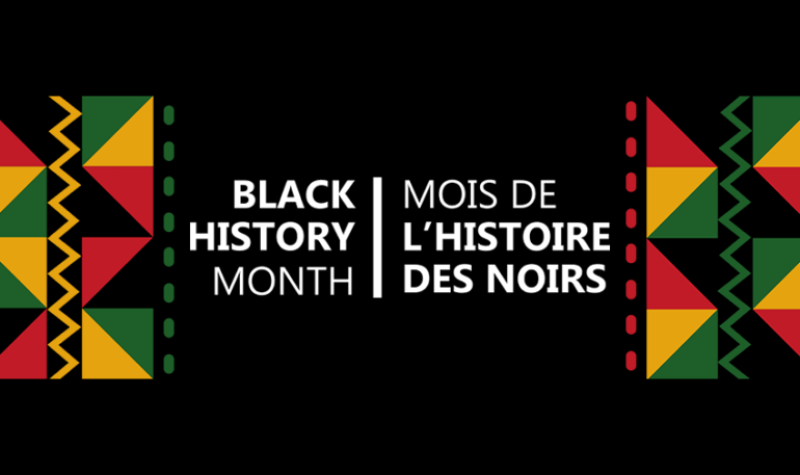In celebration of Black History Month, the Ottawa Public Library hosted a virtual panel titled "Canadian Black History in the Making" on Feb. 8 at 7 p.m.
The panel featured three young black people who are creatives, leaders and inspire social change. The event included 20-year-old Awa Hanane Diagne, 21-year-old Laura Doyle Péan, 16-year-old Odobie McAllister and was hosted by Biba Tinga. The panelists shared their experiences as young, black Canadians who take part in social justice initiatives. The event showcased the dedication and resilience of black youth.
Hanane Diagne founded the Woke Folk which is an organization that focuses on funding education for young girls in Africa.
Doyle Péan works with the World University Service of Canada Local Committee (WUSC) and focuses their efforts on integrating refugee students into their community.
“I am passionate about social justice,” Doyle Péan said.
McAllister started a business called Sickle Cell Apparel to help raise money and find a cure for those suffering with sickle cell disease. McAllister explained that sickle cell disease is a genetic condition causing red blood cells to sickle which causes lots of pain. McAllister suffers from the disease herself. Sickle cell disease mostly impacts those of African descent so McAllister works to spread awareness to many Canadians who may not have heard of it.
The panelists explained some of the challenges they face with their social justice initiatives.
“I would say there are two main challenges in running The Woke Folk, one of them is fundraising because it is a grassroots organization with an international mission so a lot of grants, for example federal grants, it’s hard to qualify for them because our mission isn’t local,” Hanane Diagne said.
Towards the end of the event, the panelists discussed what it means to be black, Canadian youth.
“I think one thing is hypervisibility. You feel hypervisible but you also feel invisible,” Hanane Diagne said.
“Being a black person in Canada is looking for identity and looking for a sense of belonging,” Doyle Péan said. “I feel so much pride and inspiration as being part of black communities in Canada because there are so many people that are doing wonderful things.”


